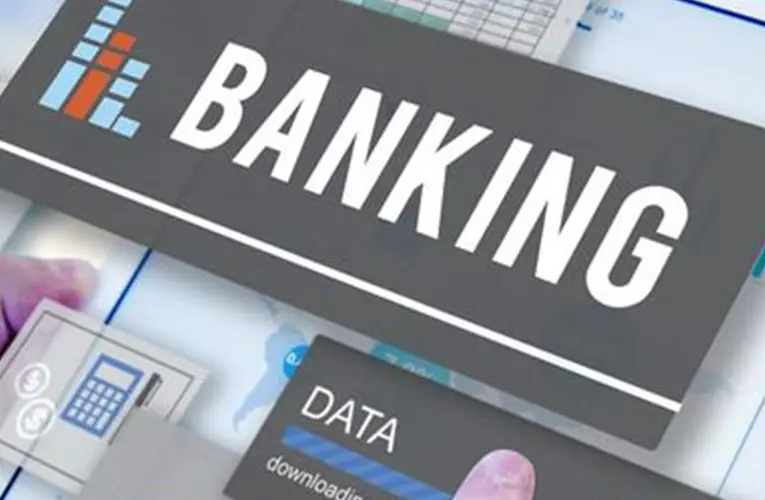“Beyond the Classroom: The Rise and Impact of Online Learning”
**Introduction**
In the rapidly evolving landscape of education, the advent of online learning has catalyzed profound changes. Once confined to physical classrooms, education now transcends geographical boundaries, offering unprecedented access and flexibility. This essay explores the multifaceted dimensions of online learning, tracing its rise, analyzing its impact on traditional education paradigms, and envisioning its future trajectory.
—
**Chapter 1: The Emergence of Online Learning**
The genesis of online learning can be traced back to the early days of the internet, where pioneers experimented with virtual classrooms and distance education. This chapter delves into the technological advancements and pedagogical theories that laid the foundation for online learning platforms. From bulletin board systems to MOOCs (Massive Open Online Courses), we examine how each iteration shaped the evolution of digital education.
—
**Chapter 2: Accessibility and Inclusivity**
Online learning has democratized access to education, breaking down barriers of geography, time, and socioeconomic status. This chapter explores case studies and data-driven insights into how online platforms have expanded educational opportunities for marginalized communities, adult learners, and individuals with disabilities. We analyze the challenges and successes of fostering inclusivity in digital education.
—
**Chapter 3: Pedagogical Innovations in the Digital Age**
With the shift to online environments, teaching methodologies have undergone a paradigm shift. From adaptive learning algorithms to interactive simulations, this chapter examines the innovative strategies employed in digital classrooms. We explore the effectiveness of personalized learning paths, gamification, and collaborative tools in enhancing student engagement and learning outcomes.
—
**Chapter 4: Challenges and Criticisms**
While online learning offers numerous advantages, it is not without its challenges. This chapter critically evaluates issues such as digital divide, quality assurance, and the erosion of face-to-face interactions. We analyze the disparities in digital literacy and access to technology, as well as concerns regarding academic integrity and the commodification of education in the digital era.
—
**Chapter 5: The Future of Online Learning**
Looking ahead, the future of education appears increasingly intertwined with digital platforms. This final chapter speculates on emerging trends such as virtual reality classrooms, AI-driven tutoring systems, and blockchain credentials. We discuss the potential impact of these technologies on traditional educational institutions and speculate on how they might reshape the landscape of lifelong learning.
—
**Conclusion**
Online learning has transcended its origins as a niche alternative to become a cornerstone of modern education. This essay has explored its evolution, impact, and potential, highlighting both its transformative power and lingering challenges. As we navigate the complexities of digital education, one thing remains clear: the journey “Beyond the Classroom” is just beginning.
—
**References**
[Include a comprehensive list of sources cited throughout the essay, adhering to academic citation standards.]










